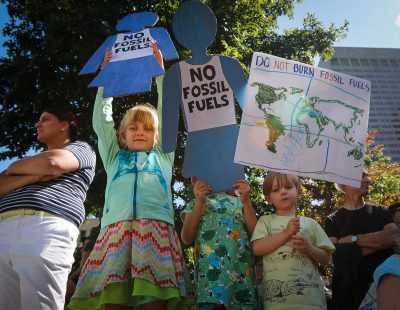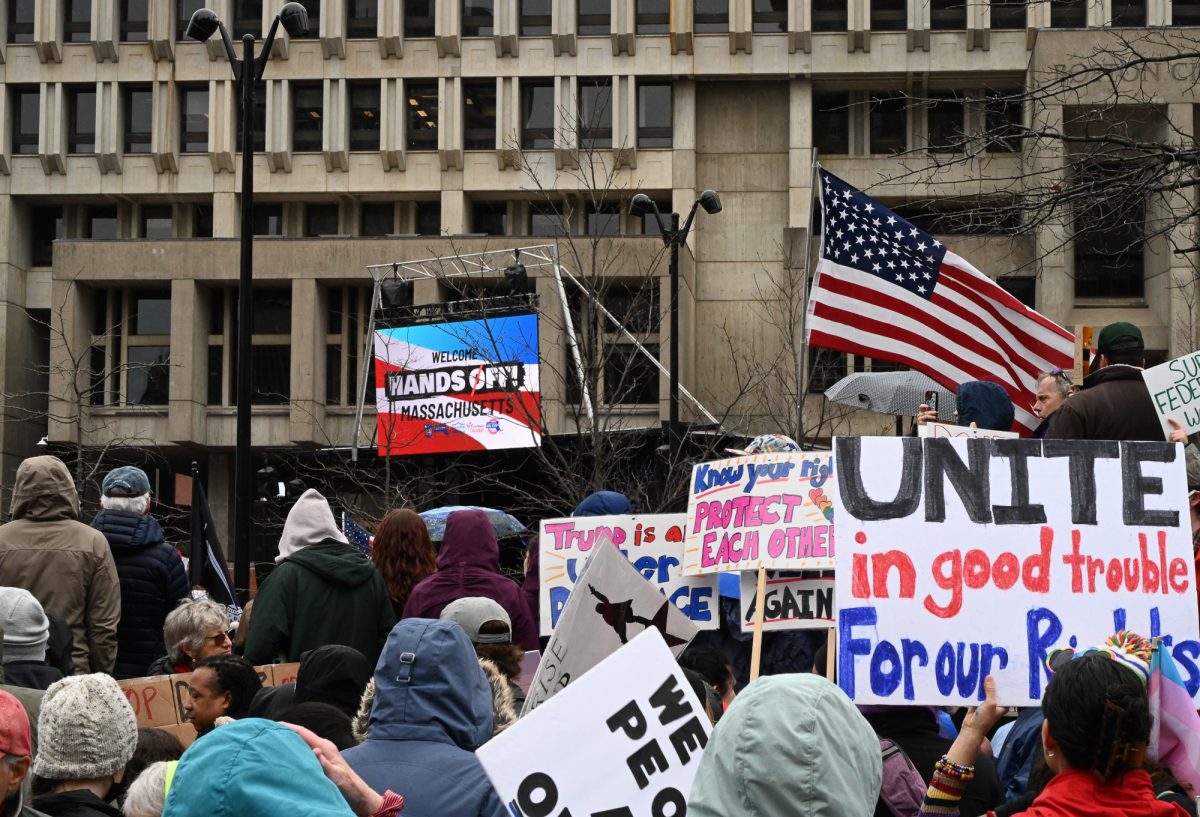
Massachusetts Governor Charlie Baker awarded $14.9 million to 91 municipalities across the state to help fund clean energy initiatives, the Massachusetts Executive Office of Energy and Environmental Affairs and the Department of Energy Resources announced Tuesday.
The money was awarded in the form of competitive grants from the Green Communities program, which helps towns in Massachusetts reduce energy use and costs in public facilities. Towns that meet the five criteria required for Green Community recognition are eligible to apply for the grants, which are awarded annually.
Capped at $250,000 per town, the grants fund projects ranging from ventilation system upgrades to insulation installation, according to a press release from the Executive Office of Energy and Environmental Affairs and the Department of Energy Resources.
Since 2008, the 240 cities and towns that have earned Green Community designation have received a total of $118 million from the Department of Energy Resources. Tuesday’s grant announcement is the largest annual amount awarded to date, with the funds going to communities that have succeeded in carrying out previous projects.
Massachusetts Lieutenant Governor Karyn Polito said in the press release that the state continues to look forward to supporting each community’s clean energy goals.
“As Massachusetts works to meet ambitious energy and emission reduction goals, the Green Communities program gives municipal partners the resources they need to continue building upon the substantial energy progress each city and town has already made,” Polito said in the release.
Joanne Bissetta, deputy director for the DOER’s Green Communities Division, said clean energy projects benefit communities in two major ways.
“One is that they help the municipalities save energy, and then two, when they save energy, they’re not spending as much on their energy costs and they can use that money to spend on other priorities in their community,” Bissetta said.
Bissetta said towns must present proposals for how they will utilize the money when applying for grants.
“This round, just speaking off the top of my head, we had a fair amount of weatherization and insulation projects,” Bissetta said. “This would be either replacing old insulation with new and efficient installation, or doing some weather sealing of windows and doors and things like that. Those are good projects, because they make the buildings more comfortable, less drafty, particularly in the winter.”
Bissetta said that, according to recent American Council on Energy-Efficient Economy rankings, Massachusetts leads the nation in energy efficiency.
Sadiah Mussarrat, 26, of Cambridge said clean energy is “one of the most important things” for the state to prioritize.
“I do not have an idea whether that’s a reasonable amount,” Mussarrat said. “But I think it should be a good amount of investment.”
Alyssa Fuller, 30, of Jamaica Plain said funds alone will not solve climate and energy problems if they aren’t supported by legislation.
“I think dedicated money is a big part of it,” Fuller said. “But I think there’s also policies and procedures that need to be put in place to utilize that money in the most effective way.”
Megan Maresco, 28, of Jamaica Plain said grassroots initiatives have been more successful than government programs at making progress in the realm of clean energy.
“I think there’s more individual efforts in the state of Massachusetts than there are whole government projects being utilized and done properly,” Maresco said. “I do think that there are more neighborhood-wide, sort of community-oriented clean energy projects that are going on that can make a significant impact on people’s lives.”





















































































































Tendersinfo • Sep 23, 2019 at 8:35 am
Exactly ! I agree with the statement made by Mr. Maresco, there’s more individual efforts in the state of Massachusetts than there are whole government projects being utilized and done properly. Thanks for such an informative blog Mr. Emanne 🙂 Keep Posting.